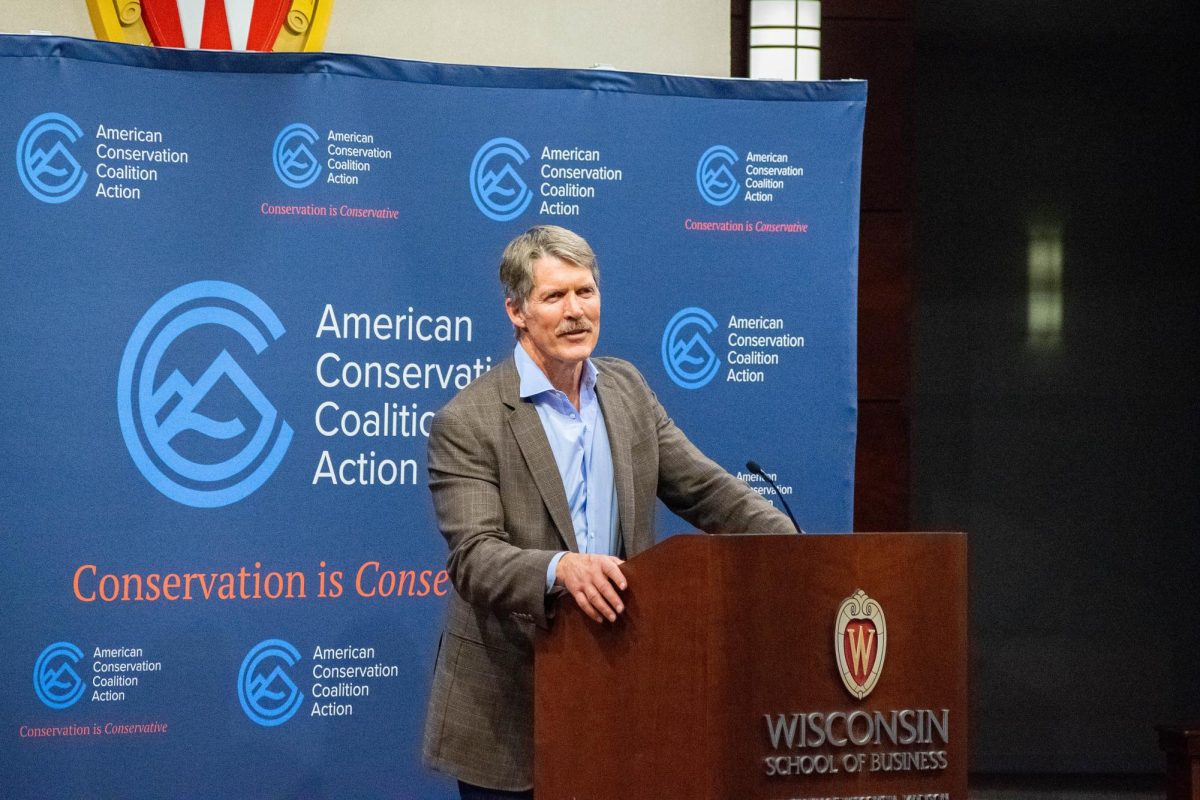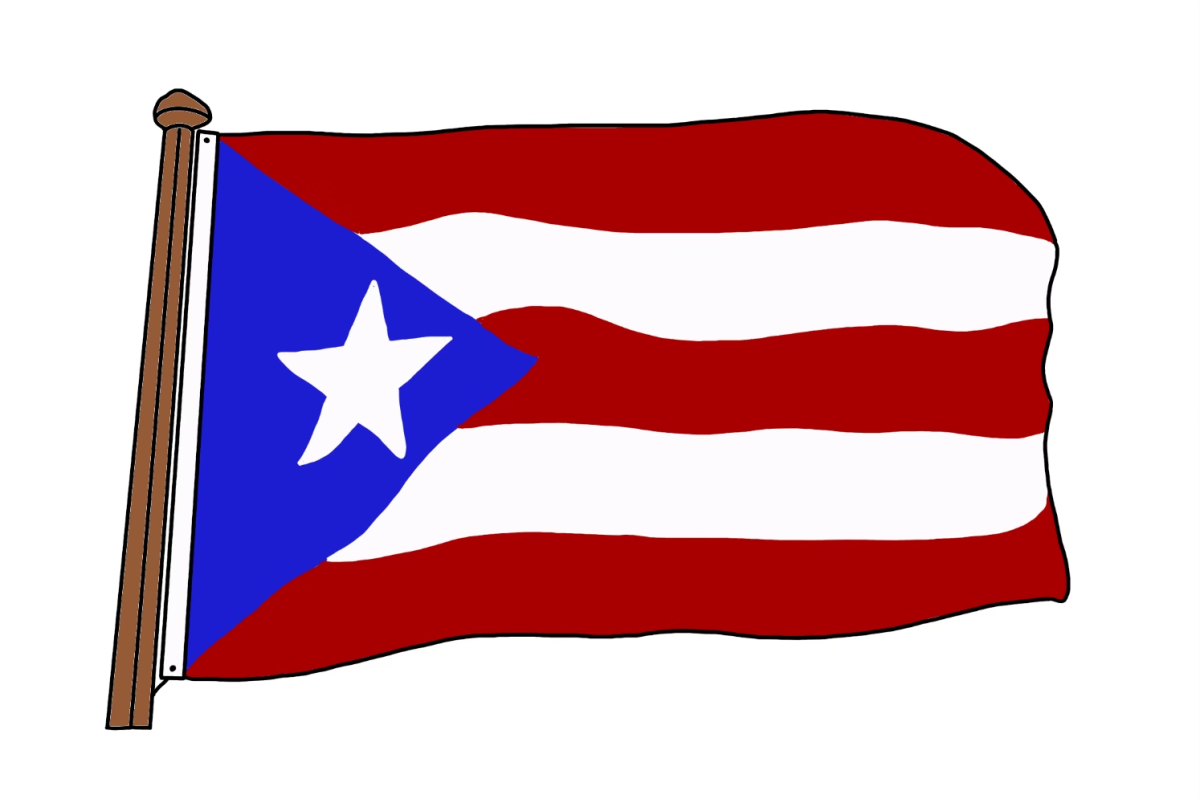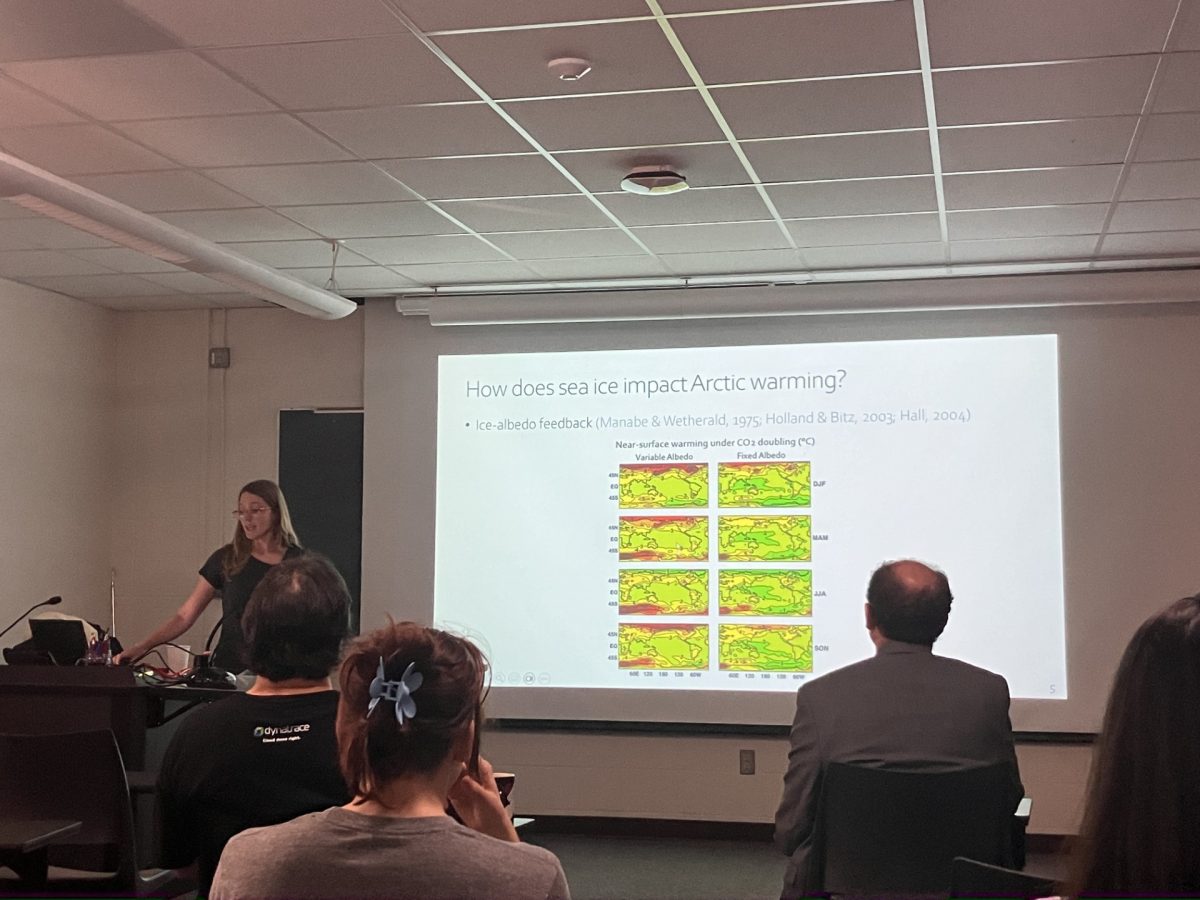The Student Services Finance Committee for the 2006-07 fiscal year voted to minimally fund Collegians For A Constructive Tomorrow at a meeting last Thursday.
Lindsey Ourada, a University of Wisconsin senior and intern program director of CFACT, said in the past few years the group has grown drastically in interns and student participation.
"This is our third year getting funding and our fourth semester with interns," she said. "We had five interns our first semester, four interns our second semester, last semester we had 29 interns and this semester we had 54. So that's probably our biggest growth area."
Ourada said CFACT's main goal is to represent the other side of the marketplace of ideas, which is oftentimes neglected.
"We're constantly hearing about this marketplace, and yet with a lot of issues, we only hear one side of the debate," she said. "I think CFACT exists to bring that other side of the debate to the table."
Although this year's CFACT budget proposal asked for a total of approximately $385,000, the organization received minimal funding — about $3,000.
SSFC Chair Rachelle Stone said committee members voted to minimally fund CFACT because the budget was not clear and contained insufficient reasoning behind requests.
"Some committee members felt that CFACT's budget was not itemized well enough and there were no explanations to programming and why they wanted increased programming," she said. "Committee members who voted against giving CFACT above the minimum level of funding felt that there needed to be more detail in itemization within their budget."
Ourada expressed her dissatisfaction with the decision and said it was not the fault of the SSFC financial process, but rather, the fault of the committee members' biases.
"I think it's a really good system as long as the people act viewpoint-neutrally and in a fair way, but it was just clear that that wasn't the case. The decorum in the room was appalling," she said. "Some committee members did do their job, so I'm thankful for that, but unfortunately, the majority did not."
CFACT will most likely face a number of financial obstacles with the decision by the SSFC to minimally fund the organization, but Ourada said the organization's growth fosters strong support from the students and will prevail.
"With the growth we have seen in the past year alone, I don't think something as little as [this] could stop a lot of the students that we have working for us," Ourada said.
Wisconsin Student Public Interest Research Group, a university organization with goals similar to CFACT, received $123,209 in funding from SSFC for the upcoming fiscal year.
Ourada emphasized WISPIRG and CFACT are not competitors, but rather, two organizations that share common aims. She added the university can benefit from both organizations.
"We're both going toward the same goals. We're not competing against each other, we just have different viewpoints on how to get to those goals," she said. "I think we're both good groups to have around — I just wish we were also funded."
Stone denounced any speculation of SSFC favoring WISPIRG rather than CFACT, insisting SSFC members treat each budget strictly as numbers, regardless of an organization's beliefs.
"For the most part, we're treating each budget as numbers," she said. "I think for [CFACT], [SSFC] members felt that there wasn't enough detail to justify why they should be getting 'X' amount of money for certain programs that they were putting on."







